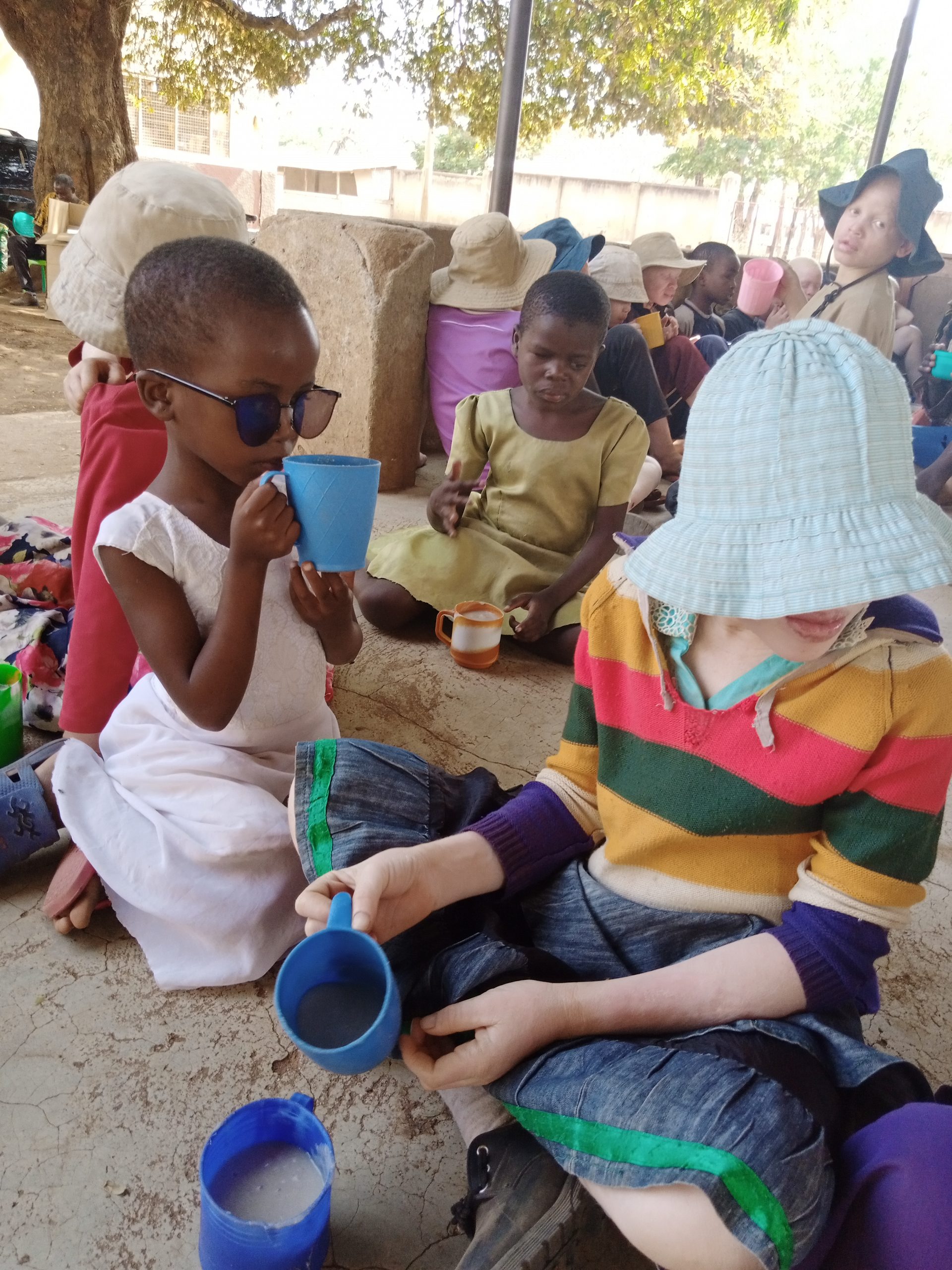Child's health is a prerequisite for school retention and performance. The organization provides health support for all students under its education program. Health interventions include Improved Community Health Fund Insurance scheme, National Insurance Health Fund, Sexual and Reproduction Initiative, nutrition, provision of sanitary pads, and psychosocial support.
The organization introduced the Adolescent and Reproductive Health project branded as “Binti Simama Imara (BSI)” to complement the education program in five piloting secondary schools. The project aims to reduce school dropout due to teenage pregnancies by empowering young girls with life skills and knowledge on Adolescent Sexual, menstrual hygiene management, reproductive health including HIV and AIDS.
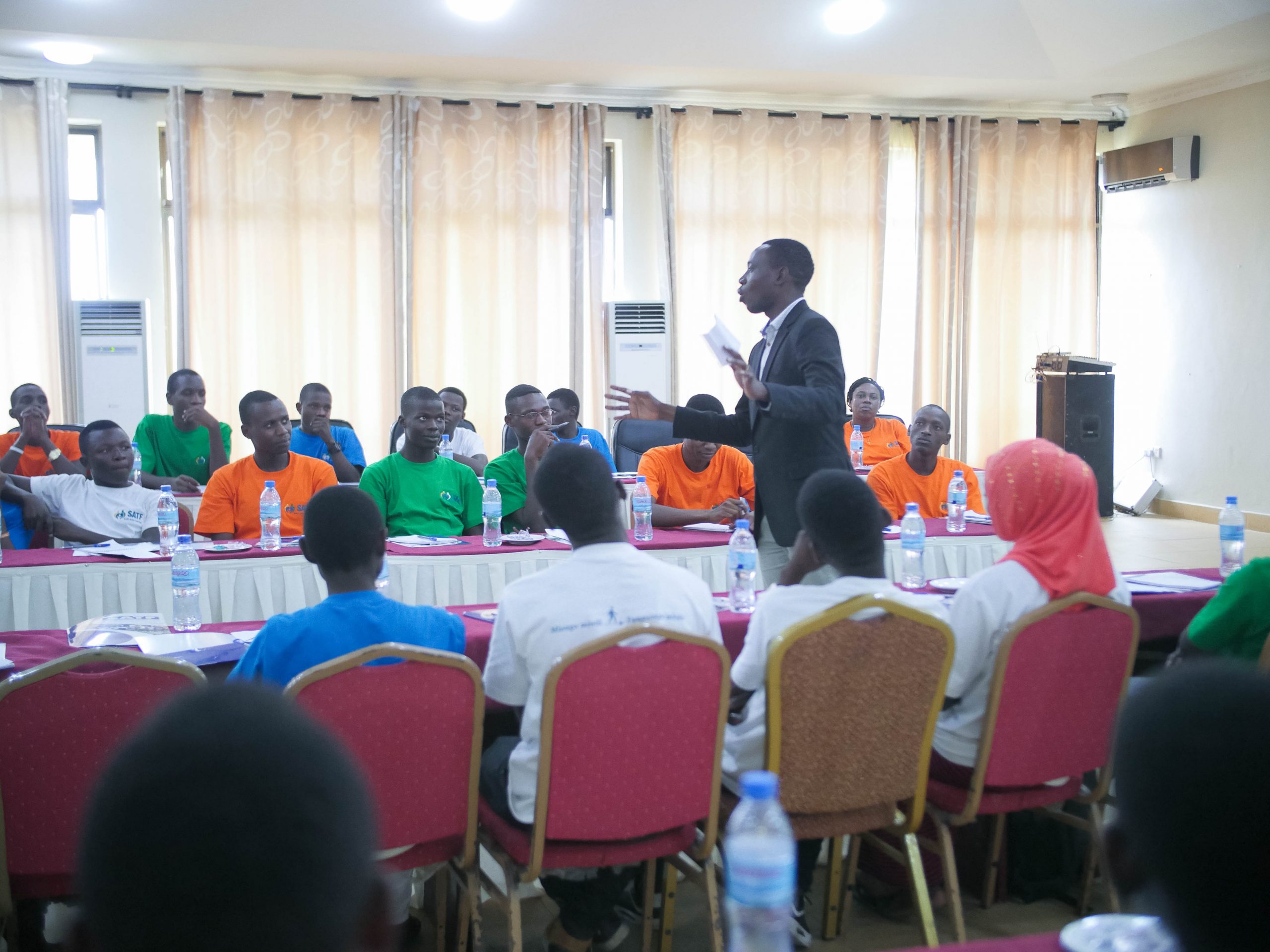
Using trained peer educators to reach their fellow students with key messages on ASRH and HIV and AIDS through health talks.
Through peer education program; a total number of 3,231 out of 2,100 planned target were reached with key behavior change messages. This was done through one on one and group peer education sessions known as “health talks” and inter-school debates since the project inception.
Young people deserve access to accurate, comprehensive, and age-appropriate sexual health education and care.
Binti Nadhifu (BN) Project is a subsidiary support under the SRH project that is geared towards providing additional and vital support to female students who are under the SATF Education program.
The Project aims to address the menstrual challenges facing Tanzanian girls who cannot get access to sanitary pads and advocates for the health and cleanliness of young girls in schools.
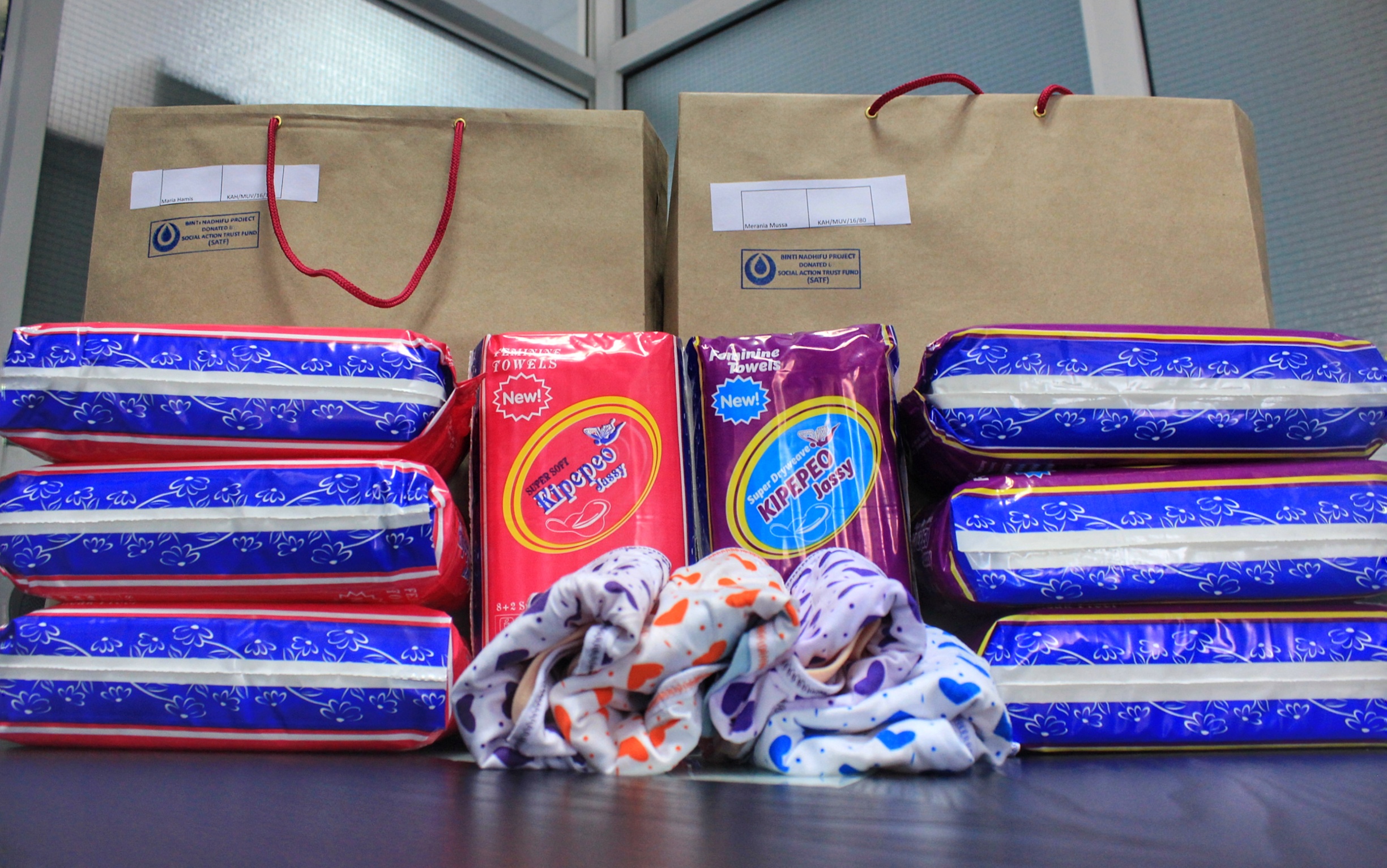
The projects' main objectives are:
Since the project establishment in 2018, the BN project has supported a total of 1356 female beneficiaries under the SATF Education program from primary to VTC level; that is 720 beneficiaries in 2018 and 636 beneficiaries in 2019.
For the year 2020, the Trust targets to support a total of 822 female beneficiaries across 16 regions of Tanzania.
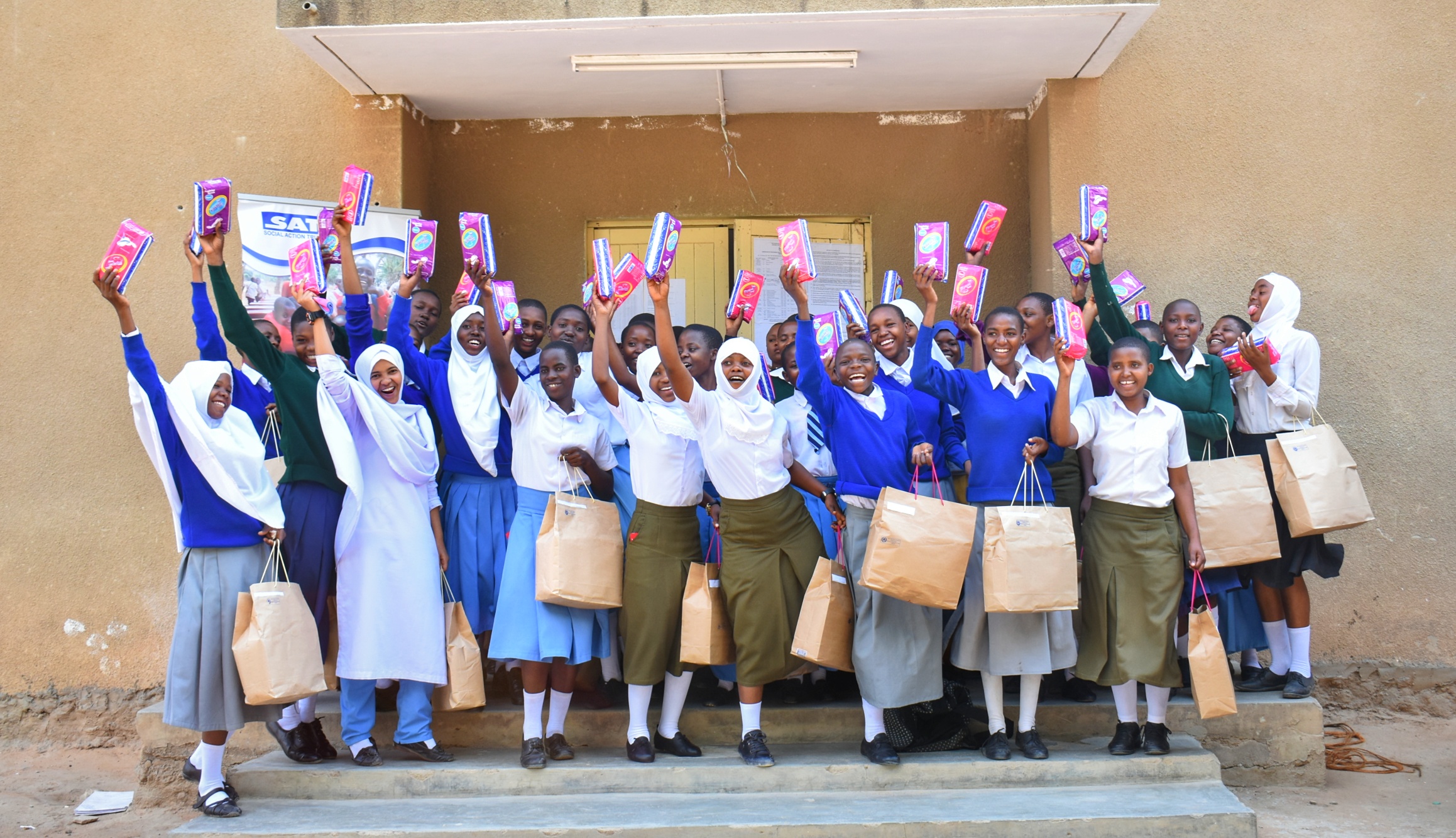
Through this project the female beneficiaries are supported with pads –with- pants (PwP) package. Each beneficiary receives a package with 12 sanitary pad packs, 2 pants and a carrying bag.
This support was introduced to enable vulnerable groups to access primary health care services through the Improved Community Health Fund (ICHF).
The projects' main objectives are:
All SATF beneficiaries from Primary to Secondary school are covered by the Improved Community Health Fund, while other members of their households are covered as secondary beneficiaries.
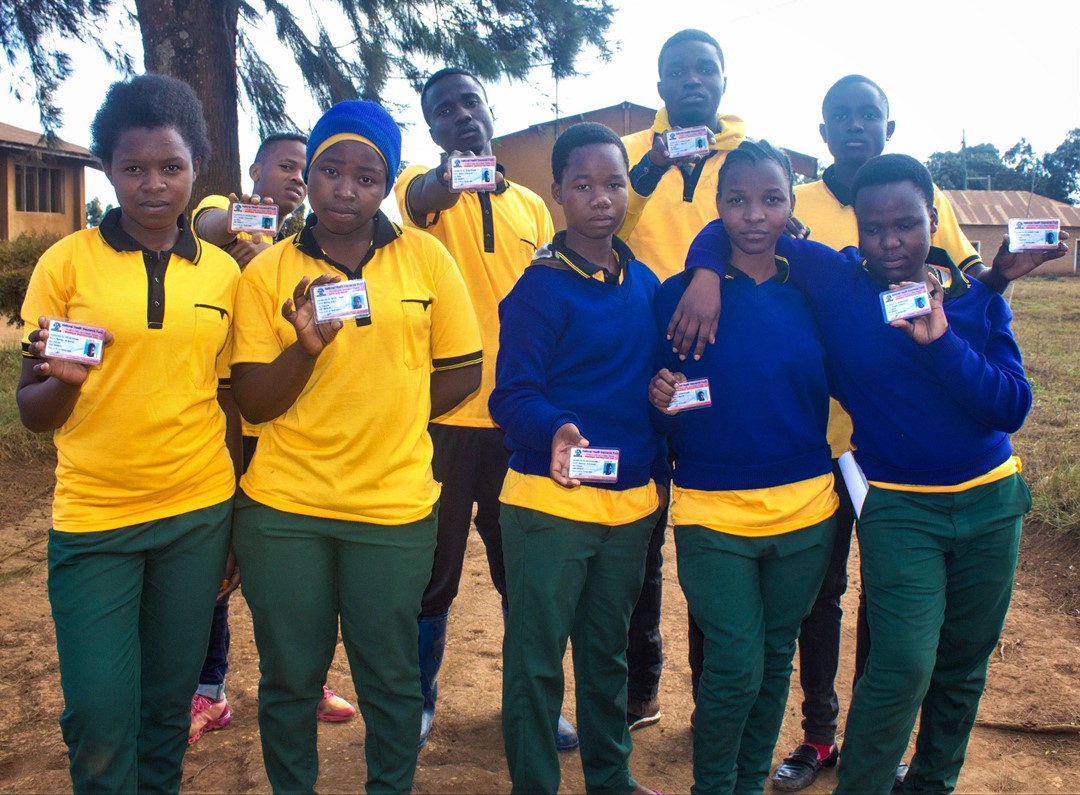
Food is essential human to live. Nutritious food is required to enable children to grow and physically develop to their full potential. Young children are more likely to succumb to illness and death when they are malnourished. There is a strong association of hunger and poverty as in hunger situation, adults cannot work to provide for children and children cannot learn if they are hungry.
SATF nutrition support focus on Responding to household hunger by providing short term food support to MVC households with critical shortage of food, supporting sustainable food access including providing families and communities with enhanced skills and agricultural inputs for household based agricultural production. Providing supplementary feeding for young (under 9 years) and children with nutrients deficiency diseases including those living positive with HIV and AIDS.
